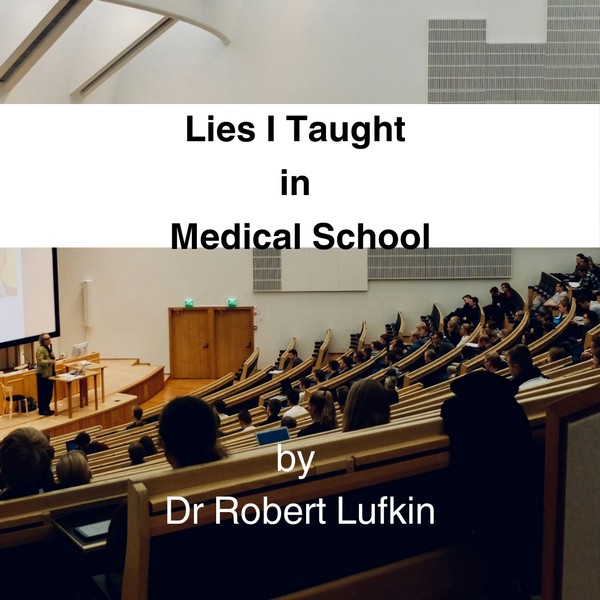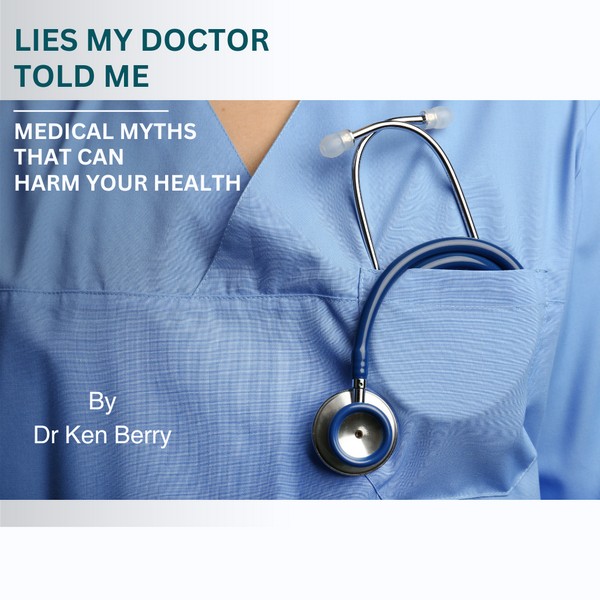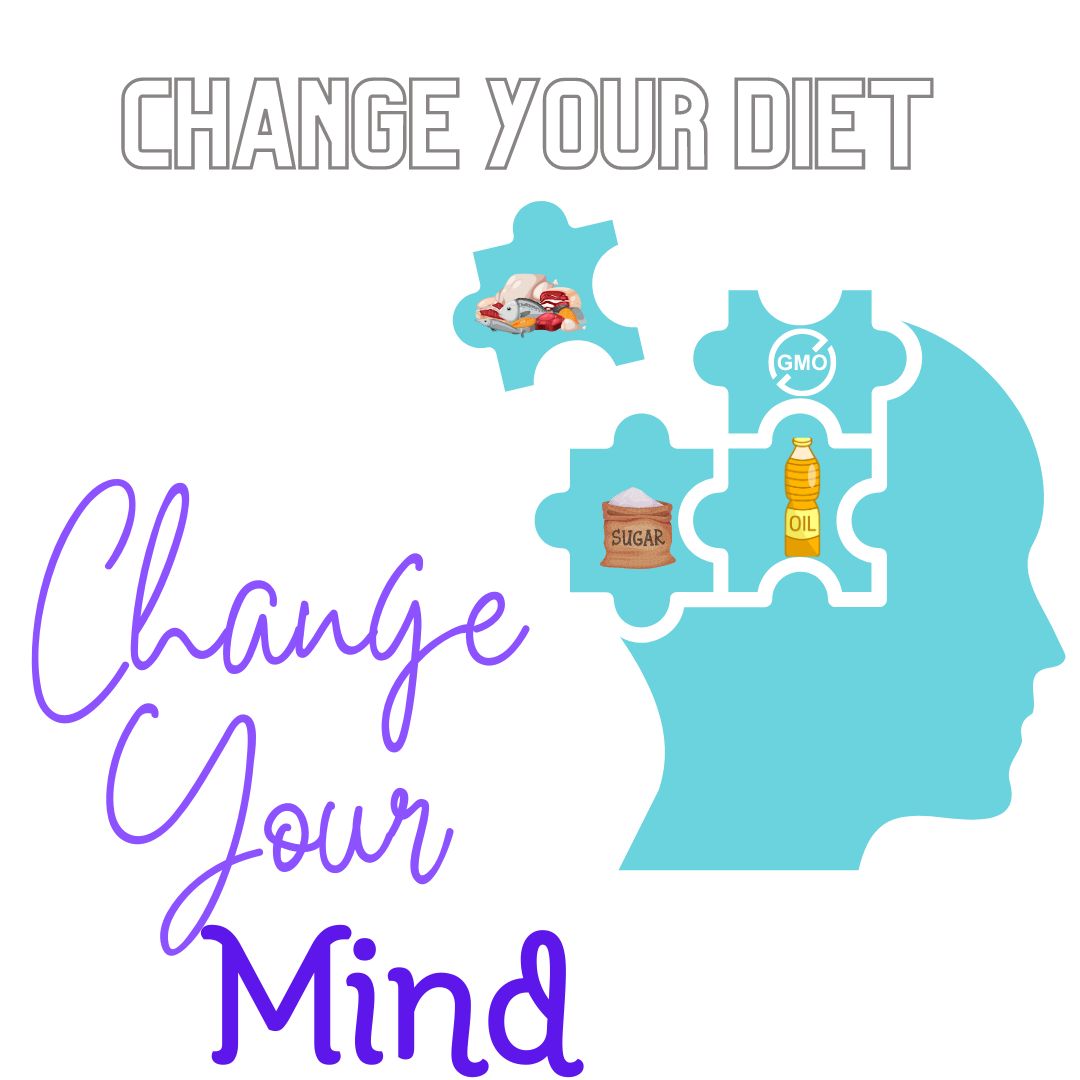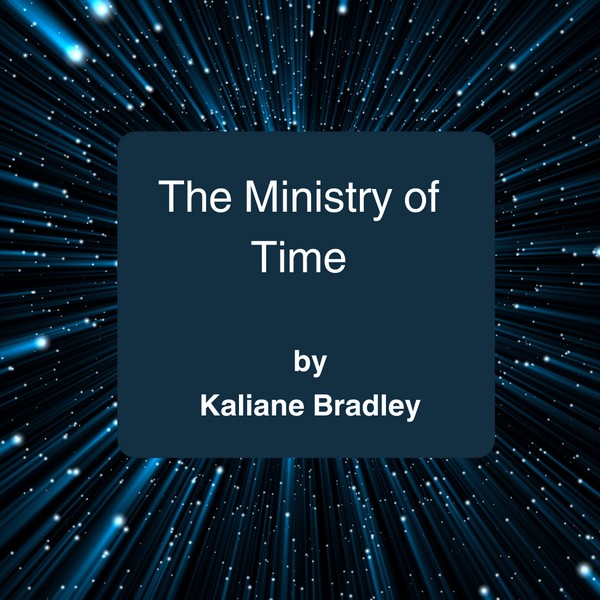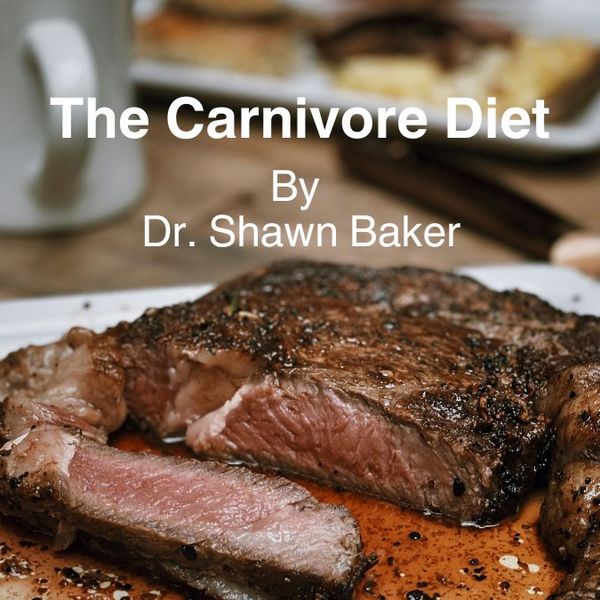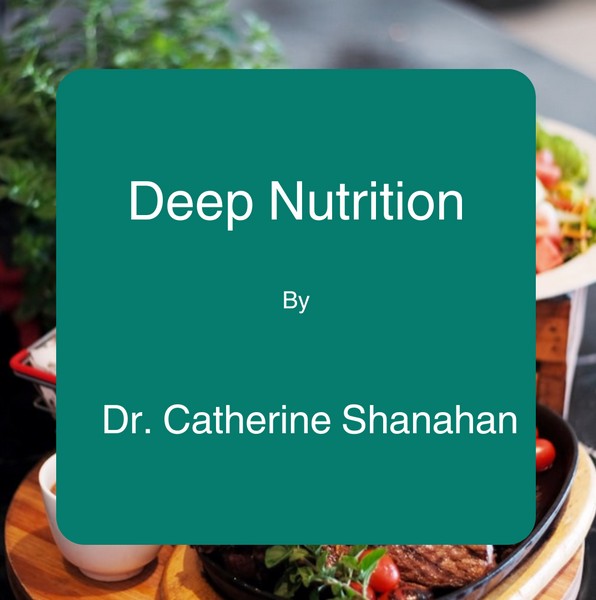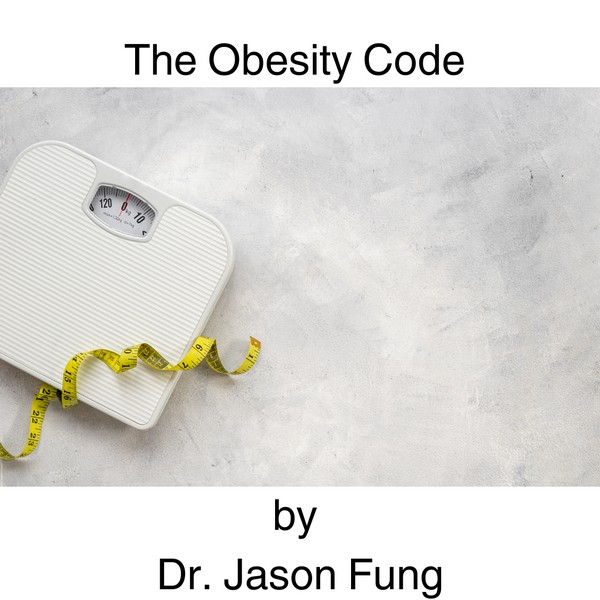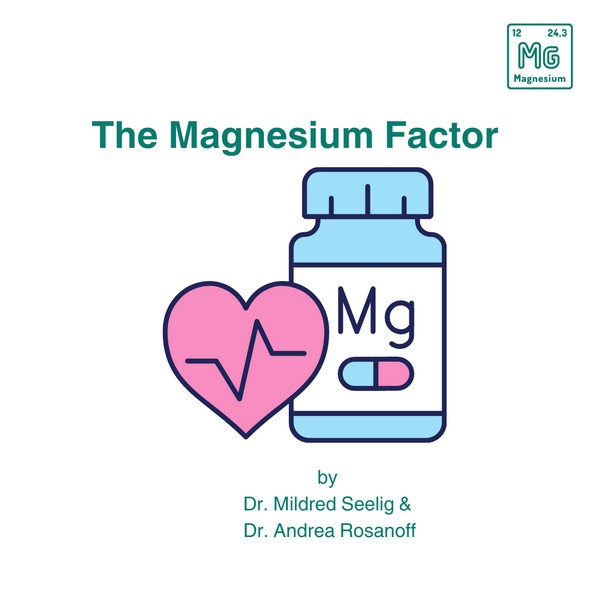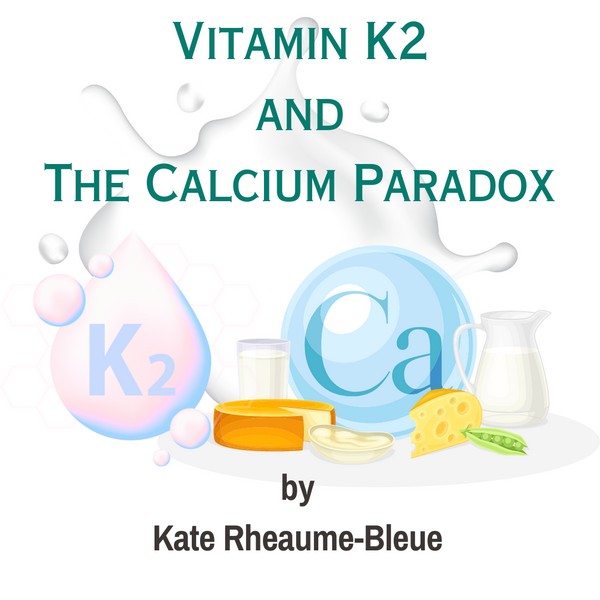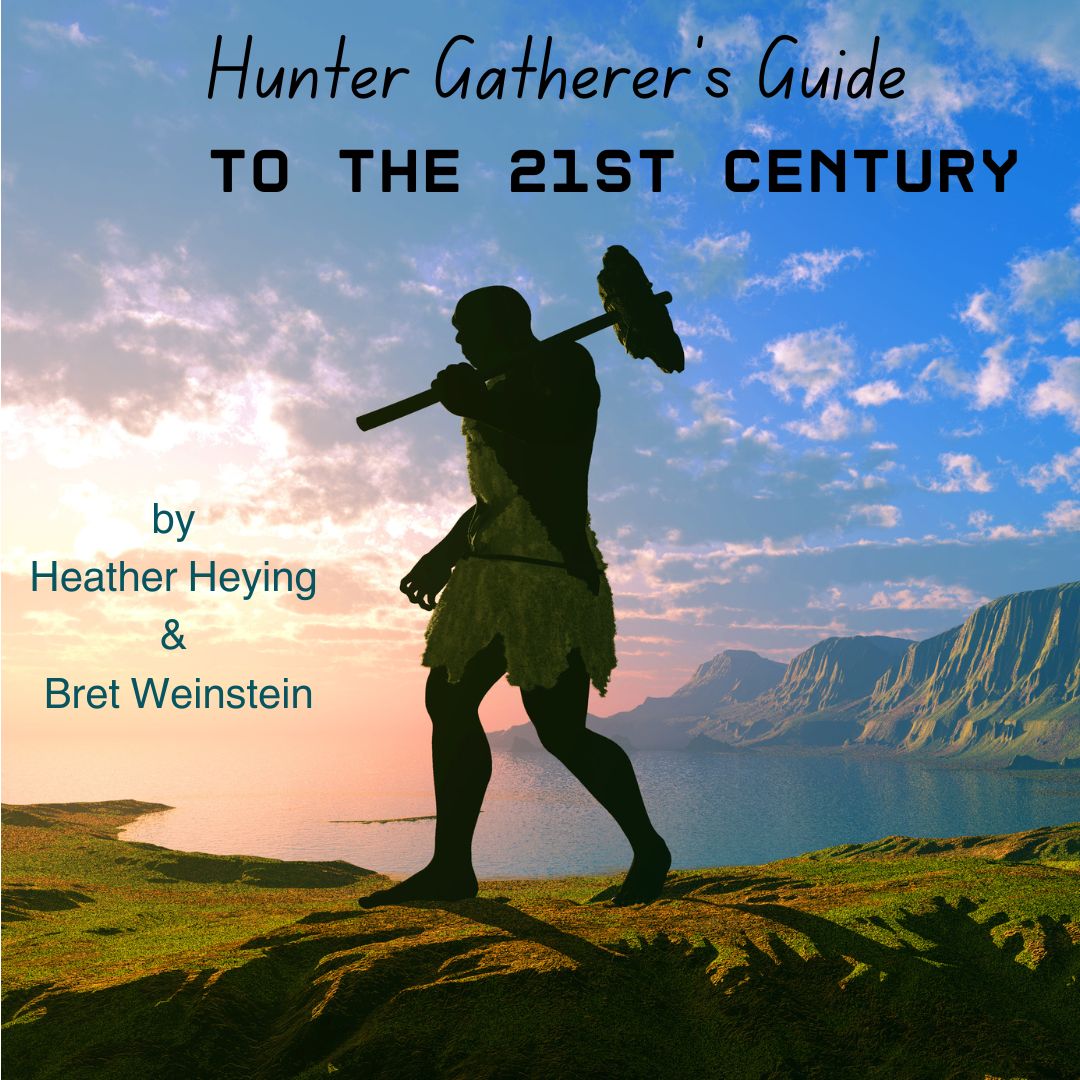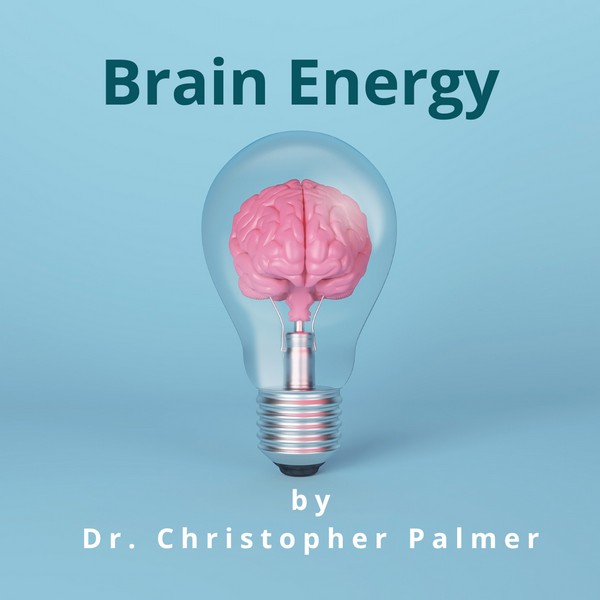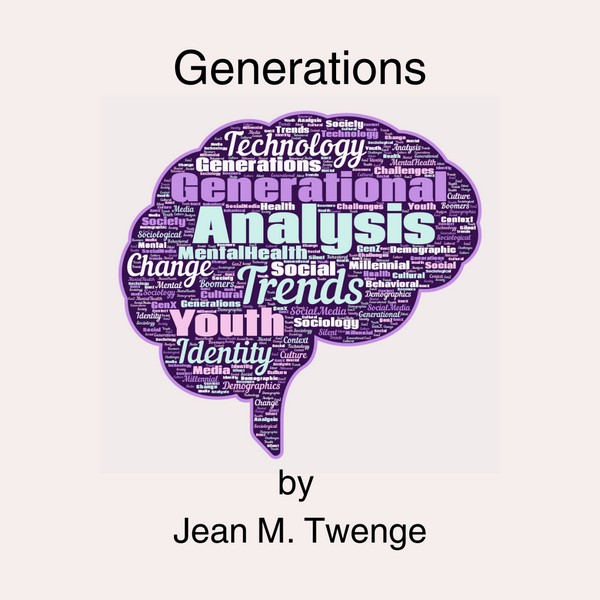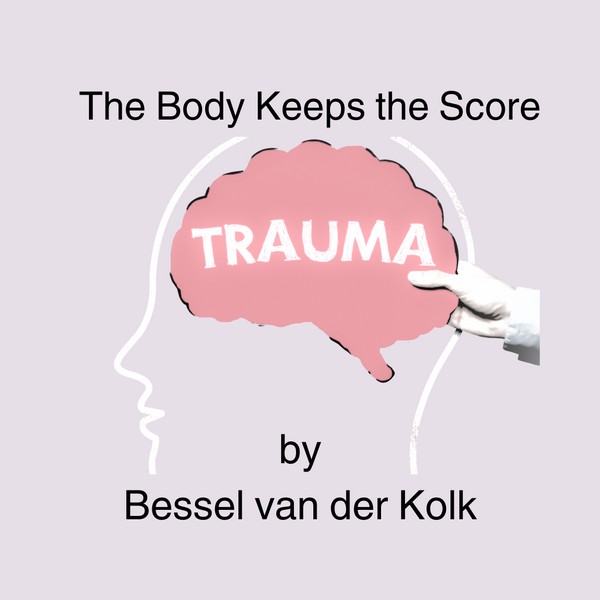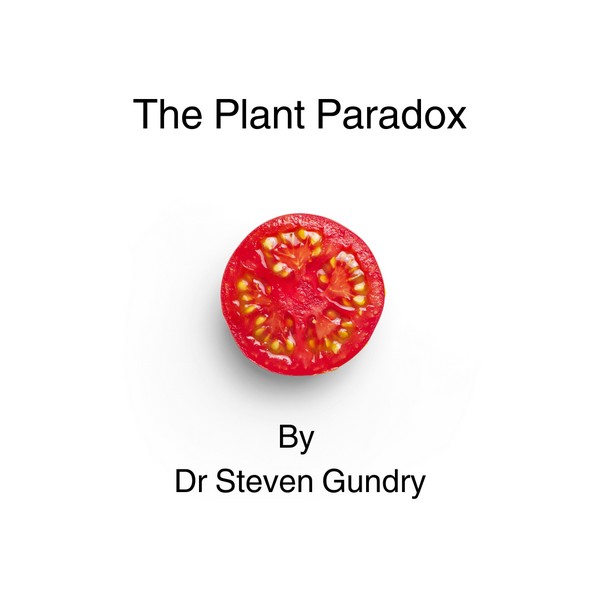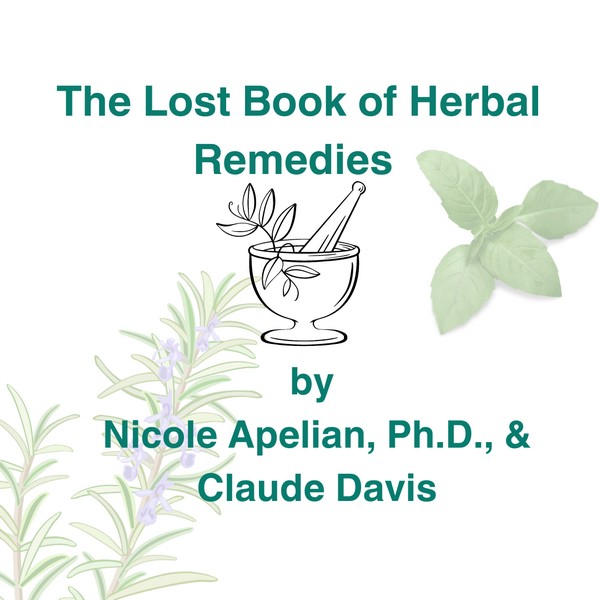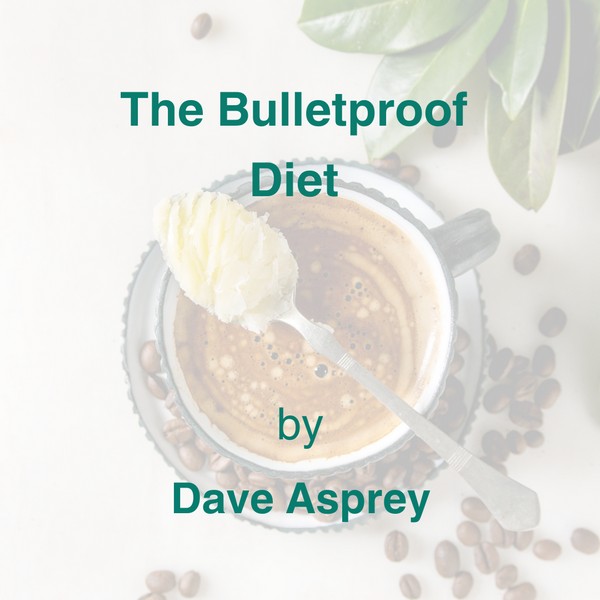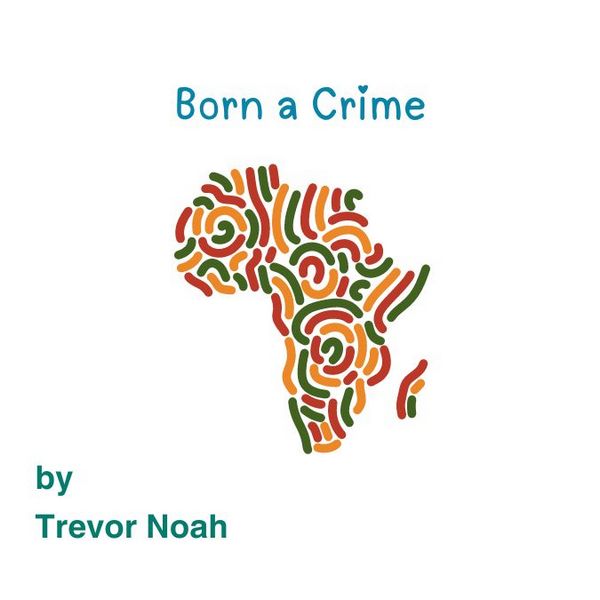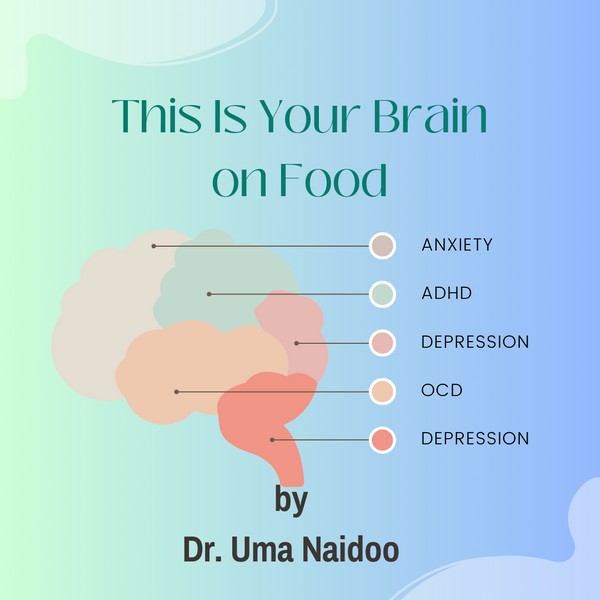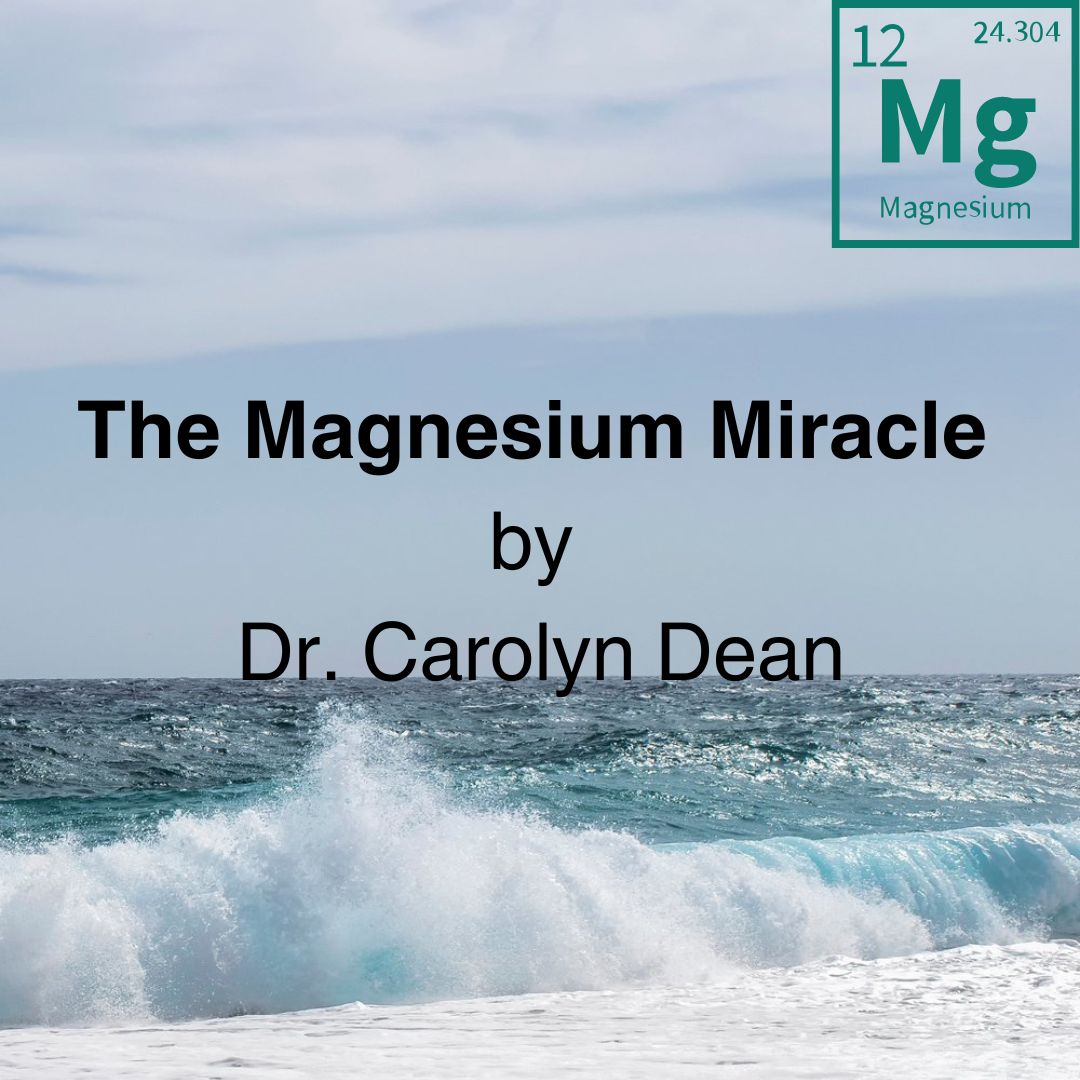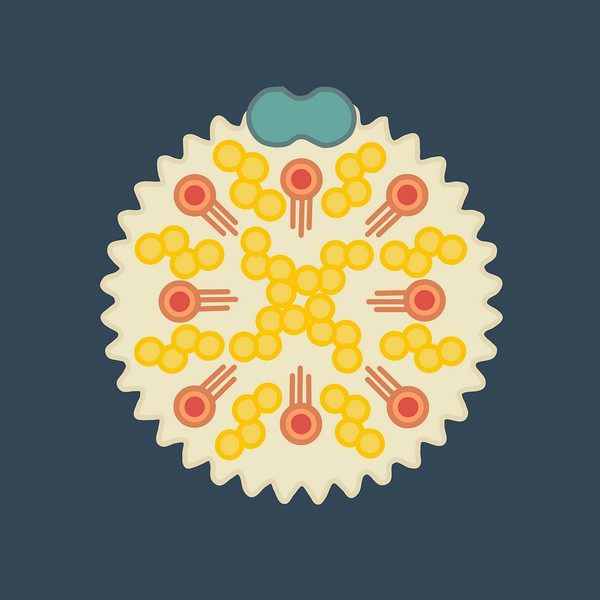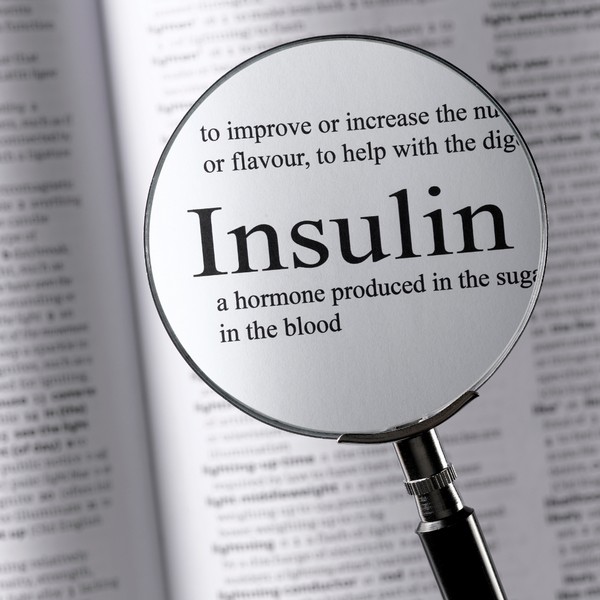Key Takeaways
- Recommends dietary approaches to reverse diabetes.
- Critiques traditional diabetes management.
- Highlights importance of insulin management.
- Advocates intermittent fasting as a treatment.
- Discusses long-term risks of medication reliance.
In “The Diabetes Code,” Dr. Jason Fung offers a revolutionary approach to managing and reversing type 2 diabetes through dietary and lifestyle changes, challenging the traditional dependency on medications.
Dr. Fung, a nephrologist known for his work on obesity and diabetes, builds on the insights from his earlier work, “The Obesity Code,” by focusing specifically on the mechanisms behind type 2 diabetes and its treatment.
Summary of the Book

Dr. Fung argues that type 2 diabetes is not a life sentence but a reversible condition, primarily driven by insulin resistance due to poor dietary habits.
The book breaks down complex biochemical dynamics to explain how prolonged dietary sugar and insulin exposure lead to diabetes.
It promotes a combination of low-carbohydrate diets, intermittent fasting, and calorie reduction as effective strategies to lower insulin levels, improve metabolic health, and reverse diabetes.
Critical Analysis
“The Diabetes Code” is compelling for its clear, direct approach and its challenge to long-held medical doctrines. Dr. Fung supports his thesis with ample scientific research, patient case studies, and accessible explanations, making the case for lifestyle intervention over pharmaceutical intervention.
However, some medical professionals may find his emphasis on fasting and low-carb diets too prescriptive or challenging for some patients to sustain long-term.
Personal Reflection and Emotional Impact
Reading “The Diabetes Code” is both enlightening and personally challenging. Dr. Fung’s persuasive argument that type 2 diabetes can be reversed, not just managed, changes how one views dietary control and its impact on chronic illnesses.
The personal stories of individuals who have reversed their diabetes through diet and lifestyle changes are particularly motivating and stir a sense of hope and empowerment regarding one’s health choices.
Comparison with Other Works
“The Diabetes Code” complements and extends the discussions in Dr. Fung’s previous book, “The Obesity Code.” Both books challenge conventional beliefs about health, obesity, and metabolic disease.
For readers who appreciate Dr. Fung’s work, “Why We Get Fat” by Gary Taubes would also resonate, as it similarly emphasizes the hormonal rather than caloric bases of obesity and aligns well with Dr. Fung’s approach to type 2 diabetes.
About the Author: Dr. Jason Fung

Dr. Jason Fung is a Canadian nephrologist and a world-leading expert on intermittent fasting and low-carbohydrate diets, especially their application in treating obesity and type 2 diabetes.
He has authored several bestselling books, including “The Obesity Code” and “The Complete Guide to Fasting.” Dr. Fung’s work is characterized by his passionate advocacy for natural, diet-based approaches to health, challenging conventional treatments for weight loss and diabetes management.
‘The Diabetes Code‘ offers a revolutionary approach to managing and potentially reversing diabetes, essential for patients and healthcare providers looking to explore effective dietary interventions.
Pick up your copy at Amazon
Conclusion
“The Diabetes Code” is an essential read for anyone affected by type 2 diabetes, or those at risk, who are looking for alternatives to managing the disease through medication. Dr. Fung provides a hopeful, well-reasoned pathway for potentially reversing diabetes, emphasizing the power of dietary choices over pharmaceuticals. This book is a valuable resource for understanding and fighting diabetes more naturally and sustainably.
FAQ: Insights from ‘The Diabetes Code’
What is the core premise of ‘The Diabetes Code’?
The book argues that type 2 diabetes can be reversed through dietary changes.
Who should read ‘The Diabetes Code’?
Those diagnosed with type 2 diabetes, medical professionals, and anyone interested in preventive health.
What dietary changes does Dr. Fung recommend for reversing diabetes?
He advocates for low-carbohydrate, high-fat diets and intermittent fasting.
Is there scientific evidence to support Dr. Fung’s claims?
Yes, the book is backed by numerous studies and patient case examples.
Can type 2 diabetes really be reversed, according to Dr. Fung?
Dr. Fung presents evidence that many individuals can reverse diabetes through diet and lifestyle adjustments.
Are there any risks associated with the methods proposed in the book?
While generally safe, drastic dietary changes should be undertaken with medical guidance, especially for those on diabetes medication.

Lies I Taught in Medical School by Dr Robert Lufkin
Key Takeaways Metabolic dysfunction is a common cause of many chronic diseases. Conventional medical advice often overlooks the importance of metabolic health. Lifestyle changes, including…
Lies My Doctor Told Me by Dr. Ken Berry
Key Takeaways Exposes common health myths. Offers evidence against outdated medical advice. Advocates for low-carb, high-fat diets. Encourages critical examination of pharmaceutical influence. Stresses on…
Change Your Diet, Change Your Mind by Dr. Georgia Ede
In the compelling book Change Your Diet, Change Your Mind, Dr. Georgia Ede challenges conventional wisdom about diet and mental health. Drawing on her extensive…
The Ministry of Time by Kaliane Bradley
Key Takeaways The Ministry of Time blends time travel romance, spy thriller, and workplace comedy. Explores themes of power, love, and historical defiance. Features a…
The Carnivore Diet by Dr. Shawn Baker
Key Takeaways Promotes all-meat diet for health. Argues for benefits on inflammation and autoimmune issues. Critiques conventional dietary guidelines. Discusses impacts on physical performance. Challenges…
The Better Baby Book by Dr. Lana Asprey and Dave Asprey
Key Takeaways Focuses on optimal prenatal and early childhood health. Offers dietary recommendations for expecting mothers. Discusses environmental impacts on fetal development. Stresses importance of…
Don’t Believe Everything You Think by Joseph Nguyen
Key Takeaways Challenges the validity of common cognitive distortions, prompting critical self-reflection. Offers practical strategies to build and enhance mental resilience in daily life. Encourages…
Deep Nutrition by Catherine Shanahan, M.D.
Key Takeaways Traditional diets positively influence genetic expression and overall health. Modern diets high in processed foods and vegetable oils negatively impact health. The Four…
The Obesity Code by Dr. Jason Fung
Key Takeaways Analyzes obesity through hormonal lens. Critiques calorie-in, calorie-out model. Advocates managing insulin to lose weight. Discusses impact of cortisol and stress. Recommends timed…
Gardening at Longmeadow by Monty Don
Key Takeaways Emphasizes organic, seasonal gardening techniques. Offers practical advice for different garden sizes. Rich in personal gardening anecdotes. Highlights importance of plant positioning. Focuses…
Let’s Get Lost by Finn Beales
Key Takeaways Showcases breathtaking remote locations through striking photography. Finn Beales’ narrative style blends personal insights with vivid description. Emphasizes the raw, untouched beauty of…
Toxic Superfoods by Sally K. Norton
Key Takeaways Understanding Oxalates: Sources: Found in many plant foods, including spinach, almonds, and sweet potatoes. Health Impact: High oxalate intake can lead to kidney…
The Magnesium Factor by Dr. Mildred Seelig & Dr. Andrea Rosanoff
Key Takeaways Explores magnesium’s role in cardiovascular health. Discusses interaction between magnesium and other minerals. Highlights symptoms of magnesium deficiency. Offers dietary advice for magnesium…
Vitamin K2 and The Calcium Paradox by Kate Rheaume-Bleue
Key Takeaways Explains Vitamin K2’s role in calcium distribution. Links deficiency to bone and heart disease. Stresses synergy between Vitamin K2 and D3. Offers food…
Daring Greatly by Brené Brown
Key Takeaways Power of Vulnerability: Emphasizes that vulnerability is not a weakness but a strength that fosters connection and creativity. Shame Resilience: Offers strategies to…
A Hunter-Gatherer’s Guide to the 21st Century by Heather Heying and Bret Weinstein
Key Takeaways Explores human evolution’s impact on modern health and behavior. Introduces “mismatch disease” concept linking past and present issues. Discusses diet, education, technology from…
Brain Energy by Dr. Christopher Palmer
Key Takeaways Connects mental health with metabolic health. Proposes ketogenic diet for brain disorders. Discusses energy production’s role in mental health. Challenges traditional psychiatric approaches….
Generations by Jean M. Twenge
Key Takeaways: Jean M. Twenge explores the unique characteristics of six American generations. Analyzes data from 39 million people to show the impact of technology…
The Body Keeps the Score by Dr. Bessel van der Kolk
Key Takeaways Explores trauma’s impact on the body and mind. Advocates for integrating neuroscience with therapy. Highlights non-traditional healing methods like yoga. Stresses importance of…
The Plant Paradox by Dr. Steven Gundry
Key Takeaways Lectins as Toxins: Lectins can cause inflammation and various health issues, Dr. Gundry argues. Gut Health: Maintaining gut health is linked to overall…
The Complete Gardener by Monty Don
Key Takeaways Advocates for a no-dig gardening approach. Stresses on organic, self-sufficient methods. Covers both aesthetic and practical aspects. Provides tips for year-round garden care….
Lost Book of Herbal Remedies by Nicole Apelian
Key Takeaways Details medicinal properties of common plants. Offers DIY instructions for natural remedies. Discusses plants for specific health issues. Encourages sustainable harvesting practices. Provides…
The Bulletproof Diet by Dave Asprey
The Bulletproof Diet is a nutrition and lifestyle book authored by Dave Asprey, the founder of the Bulletproof brand. This book outlines Asprey’s approach to…
Born a Crime by Trevor Noah
Key Takeaways Trevor Noah’s biracial identity in apartheid South Africa was illegal, making his existence a crime. The book highlights the significant influence of Noah’s…
Real Food for Pregnancy by Lily Nichols
Key Takeaways Evidence-Based Guidance: Challenges outdated prenatal nutrition with researched alternatives. Nutrient-Dense Foods: Stresses eating foods high in essential micronutrients for fetal development. Practical Meal…
This Is Your Brain on Food by Dr. Uma Naidoo
Key Takeaways Links diet to mental health conditions. Provides nutritional advice for anxiety and depression. Discusses gut-brain connection. Offers recipes for mental wellness. Encourages holistic…
Can’t Hurt Me – by David Goggins
Key Takeaways Resilience: David Goggins demonstrates how overcoming adversity builds strength. Accountability Mirror: Encourages daily self-reflection for personal growth. 40% Rule: Advocates pushing beyond perceived…
The Magnesium Miracle by Dr. Carolyn Dean
Key Takeaways Discusses magnesium’s critical role in health. Links magnesium deficiency to numerous diseases. Offers guidance on supplementation and diet. Examines overlooked symptoms of deficiency….

